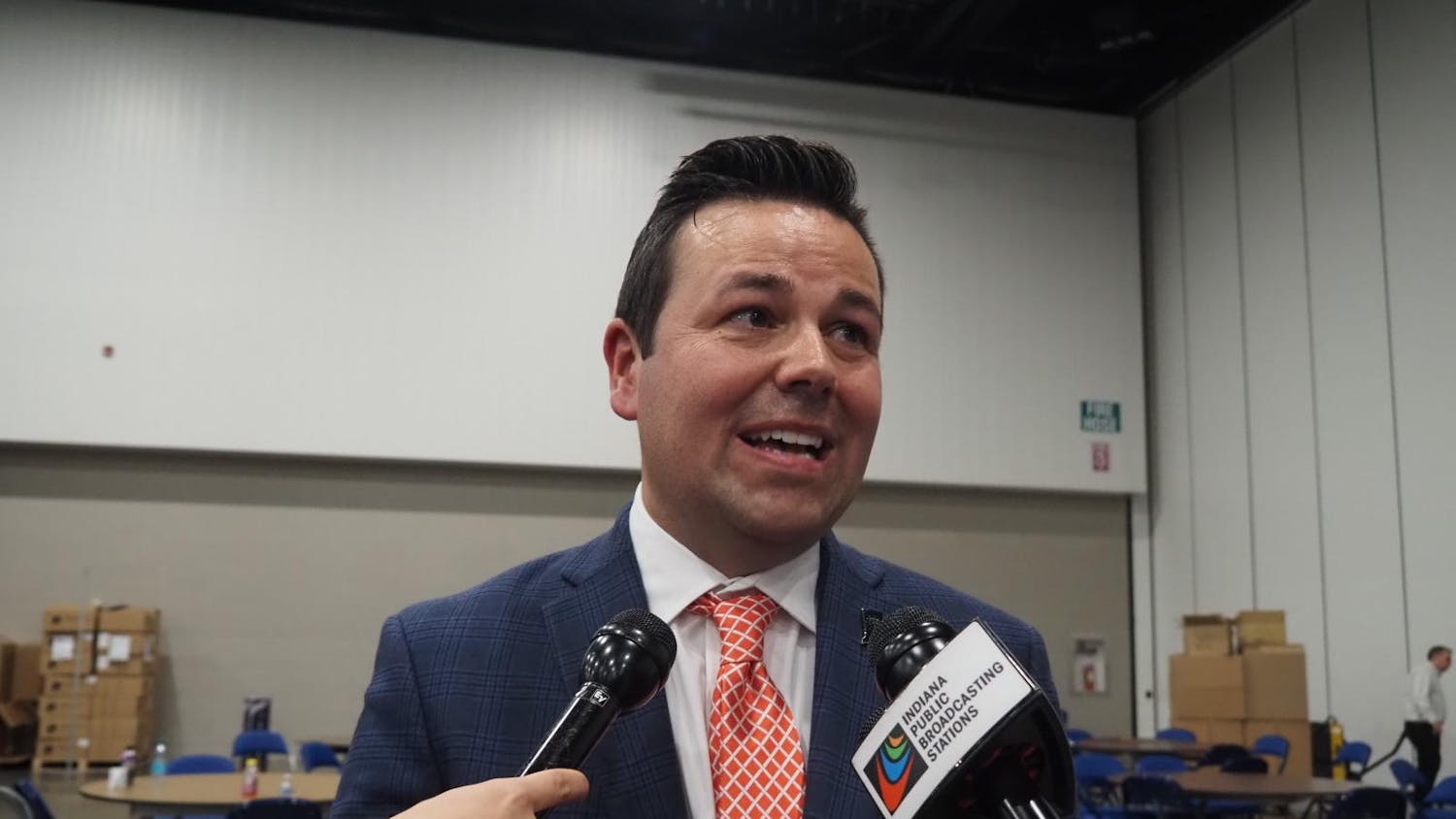After spending countless hours during dead week preparing for finals, even the most ethically minded students can find themselves glancing at a neighbor’s paper when unsure of an answer.
During finals or midterms, the Office of Student Affairs receives its largest volume of academic misconduct reports.
“It’s kind of a desperate attempt to make the grade,” said Pam Freeman, associate dean of students. “And it’s often a good student who just wants a better grade or the best grade. It isn’t always someone who is doing poorly.”
The most frequently appearing form of violation is plagiarism. In the 2007-2008 academic year, IU saw 172 incidents of plagiarism and 111 instances of general cheating, according to the 2007-2008 Academic Misconduct Comparative Report.
Cheating often occurs in large, crowded classrooms where students are in narrow seats next to one another, Freeman said. To combat the chance of cheating, teachers have been seating students one seat away from each other. In cases where students must be close together, teachers issue different versions of the same test.
But Freeman still sees cases of cheating.
“When I meet with students, they say they knew it was wrong, they knew not to do it, but they just weren’t thinking,” Freeman said. “They were so stressed out that they took a chance, and they are regretful now that they had.”
When she can, Freeman likes to meet with students when academic misconduct occurs to discuss the students’ records, what happened and what the students’ punishment will be.
“Teachers are always more alert during finals than midterms, and during midterms we have papers due instead of, like, finals, where all we have is tests,” said junior Kevin Veldman.
Very rarely are students expelled, said Dean of Students Dick McKaig.
“We would average less than one expulsion per year,” he said.
Expulsion, which permanently removes a student from all IU schools, is another option for administrators. Expulsion is used when administrators believe students won’t learn from their mistakes, Freeman said. The student ethics office, though, hands out more suspensions. Freeman said giving students the chance to learn from their mistakes is very important, but understanding that cheating is wrong is essential, too.
“If we want everyone’s transcript to be meaningful,” she said, “we have to push those standards.”
Cheating a problem during finals week
Administrators see academic dishonesty on rise during testing
Get stories like this in your inbox
Subscribe





